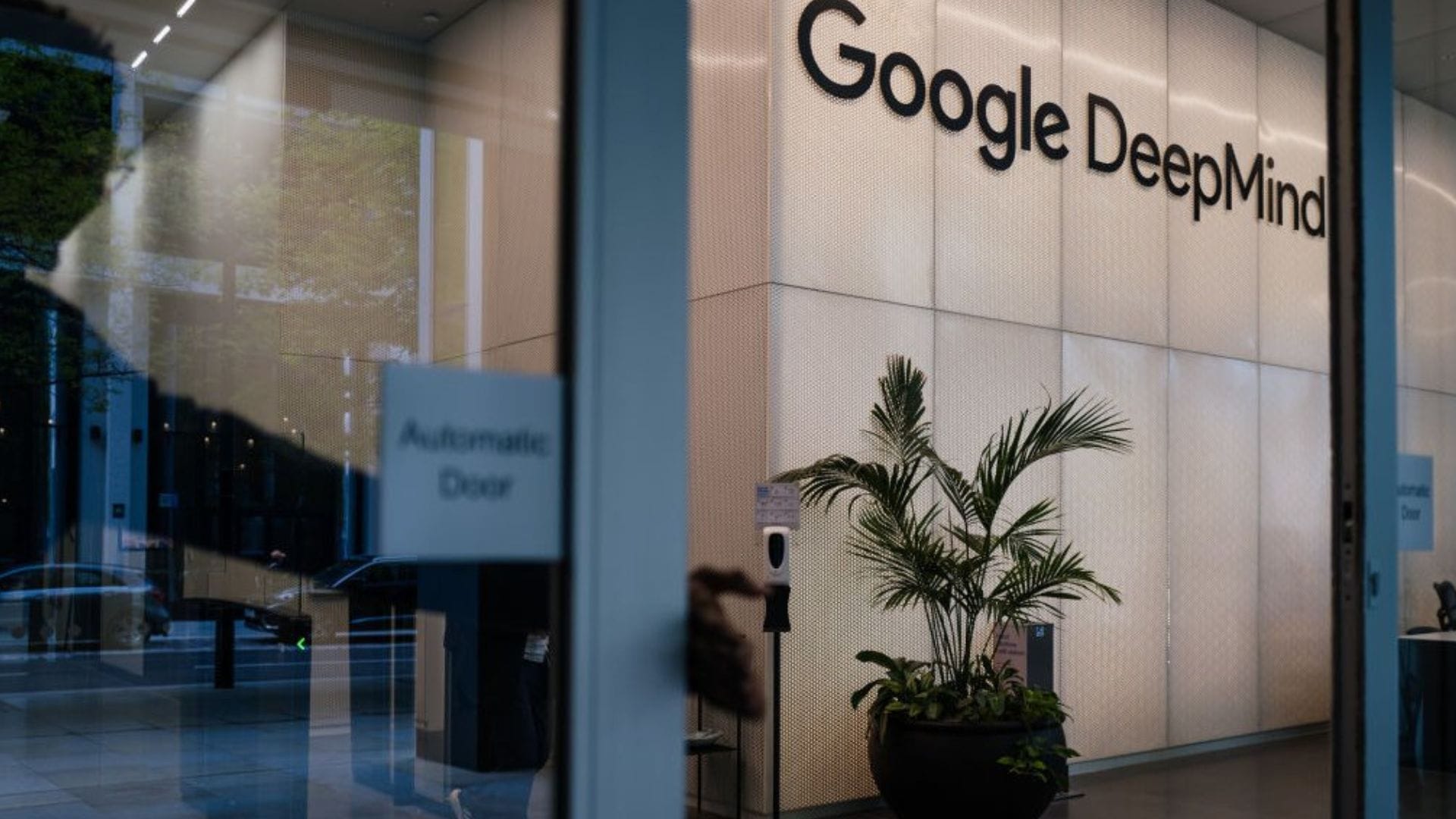DeepMind staff call on Google to cease military partnerships
DeepMind employees urge Google to drop military contracts over AI ethics concerns; frustration grows over a lack of response.

In a significant development, employees at DeepMind, one of Google’s key AI divisions, have come together to call for an end to the company’s military contracts. According to a report by Time, around 200 employees, representing approximately five per cent of DeepMind’s workforce, have signed a letter urging Google to stop engaging in contracts with military organisations. Initially drafted on May 16 this year, the document highlights deep concerns over the ethical implications of such partnerships.
Table Of Content
Ethical concerns raised by employees
DeepMind, renowned for its cutting-edge artificial intelligence research, has been at the forefront of AI development since its acquisition by Google in 2014. The letter penned by the employees reflects growing unease within the company about the potential misuse of AI technology. The employees argue that involvement with military entities contradicts Google’s principles on ethical AI use. These concerns were heightened by allegations that AI developed by DeepMind is being offered to military organisations through cloud service contracts.
The letter stresses that the issue is not about the geopolitics of any specific conflict but rather the broader ethical implications of AI being used for military purposes. Employees fear that this could damage DeepMind’s standing as a leader in ethical AI development and compromise its mission to ensure AI is used responsibly. The letter calls for immediate action, urging DeepMind’s leadership to refuse access to its technology for military applications and to establish an internal governance body to prevent future misuse.
Previous protests and ongoing concerns
This isn’t the first time Google has faced backlash from its employees over military contracts. In 2021, reports surfaced about Google’s partnership with the Israeli government through Project Nimbus, a cloud services initiative that reportedly included technology developed by Google and Amazon. The partnership has been controversial, with critics arguing that it supports military activities in politically sensitive regions.
Earlier this year, Google faced internal dissent when dozens of employees were dismissed after voicing opposition to their work being used in military contexts, specifically about Project Nimbus. This recent letter from DeepMind employees echoes those earlier concerns and adds further pressure on Google to reconsider its military engagements.
Despite the growing discontent among its workforce, Google has maintained compliance with its AI principles. In response to Time’s report, a spokesperson for Google stated that the company’s contract with the Israeli government is not intended for highly sensitive, classified, or military workloads that involve weapons or intelligence services. However, the partnership continues to attract scrutiny from both within and outside the company.
Call for transparency and action
DeepMind was originally allowed a degree of independence from Google, particularly with a promise that its technology would not be used for military or surveillance purposes. However, the rapid advancement of AI and the increasing competition in the field have brought DeepMind closer to its parent company’s strategic goals. Efforts by DeepMind’s leadership to gain greater autonomy from Google were reportedly blocked in 2021, raising further concerns among employees about the direction in which the company is heading.
The letter concludes with a plea for transparency and action, reflecting the frustration among employees who feel their concerns are being ignored. One employee said, “We have received no meaningful response from leadership and are growing increasingly frustrated.”
This internal pushback adds to the ongoing debate about the ethical use of AI and the responsibility of tech giants like Google to ensure their innovations are not used in ways that conflict with their stated values. The situation remains unresolved, with many watching closely to see how Google and DeepMind will respond to these growing concerns.
















